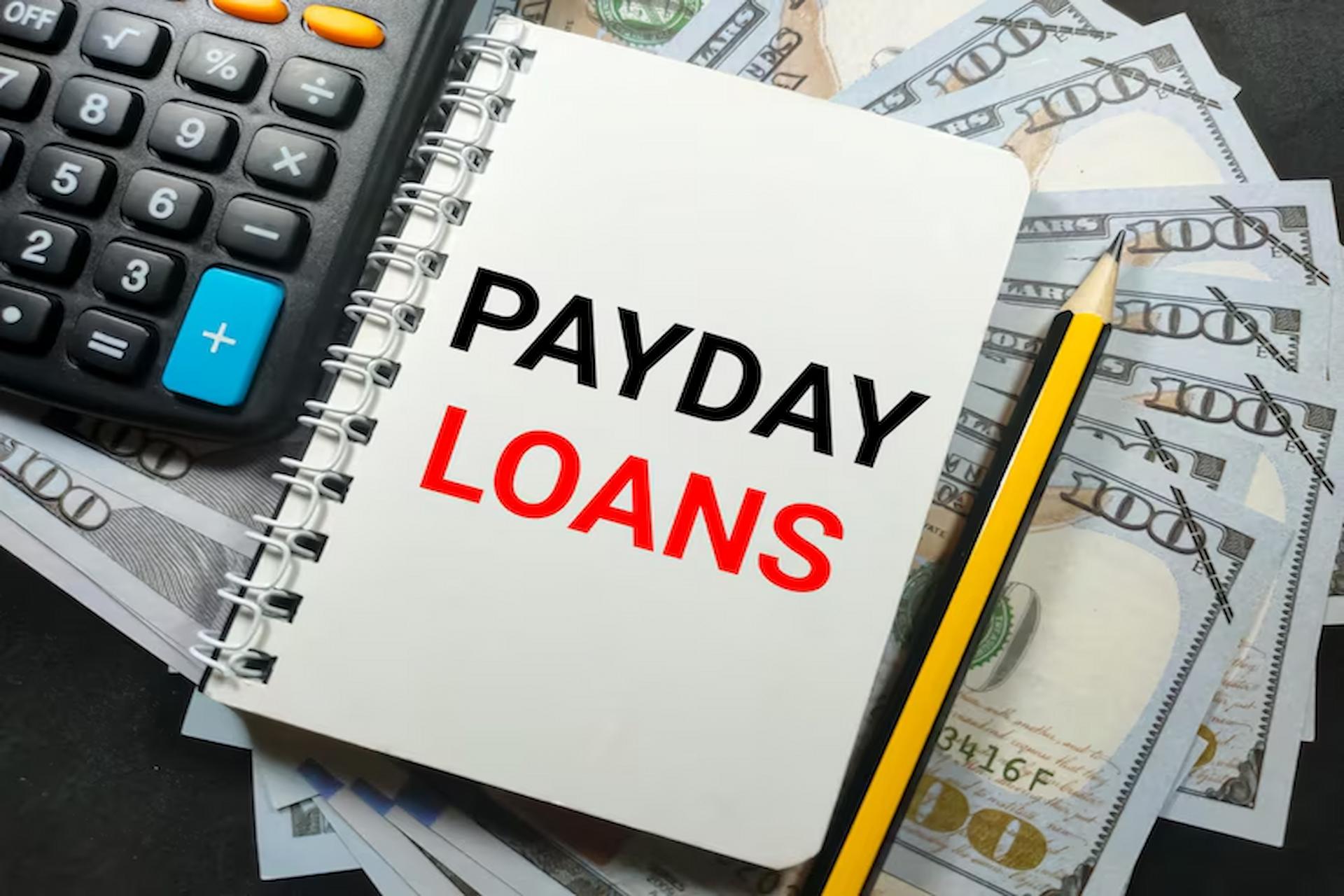In the hustle and bustle of modern life, unforeseen financial crises can crop up suddenly, leaving countless individuals urgently needing swift monetary remedies. For those with less-than-perfect credit scores, accessing traditional loans may seem impossible. However, the rise of bad credit payday loans offers a convenient alternative. Let’s compare these two options to understand their differences and advantages.
Accessibility
Traditional loans often have stringent credit score requirements, making them inaccessible to individuals with poor credit histories. Banks and financial institutions typically conduct thorough credit checks and assess various factors before approving a loan application. This process can be time-consuming and discouraging for those needing funds.
On the other hand, bad credit payday loans with bad credit offer greater accessibility, even to individuals with tarnished credit records. These loans are designed to cater to the needs of borrowers with low credit scores, making them a viable option for many whom traditional lenders would otherwise turn away. The eligibility criteria for payday loans primarily focus on steady employment and income rather than past credit history, making them more inclusive.
Speed
One key benefit of bad credit payday loans is how swiftly they are approved, and the funds are disbursed. In emergencies where time is of the essence, waiting weeks for a traditional loan approval is not feasible. Payday lenders understand the urgency of their customers’ situations and strive to provide quick solutions.
The application process for payday loans is streamlined and straightforward, often taking just a few minutes to complete online or in person. Unlike traditional loans that require extensive documentation and verification, payday lenders prioritise efficiency. Once approved, funds are typically disbursed within 24 hours, allowing borrowers to address their immediate financial needs promptly.
Approval Processes
Conventional lenders emphasise credit history and collateral when evaluating the risk involved in lending funds. This approach often results in lengthy approval processes and frequent rejections for individuals with bad credit. Moreover, traditional loans may require co-signers or collateral, further complicating the process for some borrowers.
In contrast, bad credit payday loans have simplified approval processes, prioritising income verification and employment status. Since these loans are typically small amounts meant to tide borrowers over until their next paycheck, lenders are less concerned about past credit mistakes. As long as applicants can demonstrate a steady source of income, they are likely to qualify for a payday loan.
Exploring Alternatives and Building Financial Health
While bad credit payday loans with bad credit offer immediate relief in times of crisis, exploring alternative options and working towards building more muscular financial health in the long term is essential. Here are a few strategies to consider:
- Emergency Savings: Establishing an emergency fund offers a financial cushion to manage unforeseen expenses without turning to loans with high-interest rates. Start by setting aside a small portion of each paycheck until you have enough savings to cover several months’ living expenses.
- Credit Improvement: Take proactive steps to improve your credit score over time. This could involve timely bill payments, decreasing existing debts, and challenging any inaccuracies on your credit report. You might qualify for better loan terms and reduced interest rates as your credit score rises.
- Credit Counseling: If you’re facing debt or financial management challenges, consider seeking assistance from a respected credit counselling agency. Credit counsellors can provide personalised advice and help you develop a budget, negotiate with creditors, and create a debt repayment plan.
- Exploring Community Resources: Many communities offer assistance programs and resources for individuals facing financial hardship. These may include food banks, utility assistance programs, and nonprofit organisations that provide financial education and support services.
- Exploring Alternative Lenders: Consider alternative lenders such as online instalment lenders or peer-to-peer lending platforms besides payday loans. These lenders might provide more adaptable terms and lower interest rates than traditional payday lenders, striking a balance between convenience and affordability.
Ethical Considerations: Promoting Responsible Lending Practices
Discussing lousy credit payday loans involves addressing ethical considerations and advocating for responsible lending practices. While these loans serve a vital role in providing access to credit for underserved communities, they also present risks and potential pitfalls that must be acknowledged and mitigated.
- Transparency and Disclosure: Lenders should provide clear and transparent information about the terms and costs associated with payday loans, including interest rates, fees, and repayment schedules. Borrowers have the right to understand the full implications of taking out a loan and make informed decisions accordingly.
- Affordability Assessments: Lenders should perform comprehensive affordability evaluations to ensure borrowers can comfortably repay the loan without experiencing excessive financial strain. This includes evaluating the borrower’s income, expenses, and existing debt obligations to determine suitability for a loan.
- Limits on Borrowing: Implementing responsible lending practices involves limiting how much individuals can borrow based on their income and financial circumstances. This measure helps prevent borrowers from assuming more debt than they can manage, decreasing the likelihood of default and economic distress.
- Debt Counseling and Support: Lenders should provide resources and support services to assist borrowers in debt management and enhance their financial literacy. This may include access to debt counselling, financial education programs, and assistance in developing a repayment plan.
- Regulatory Oversight: Government regulators are critical in overseeing the payday lending industry and enforcing consumer protection laws. Robust regulatory frameworks are essential to protect consumers from predatory lending practices and ensure fairness and transparency in lending practices.
Conclusion
While bad credit payday loans offer unmatched convenience and accessibility, borrowers need to approach them responsibly. These loans frequently carry elevated interest rates and fees compared to traditional loans, mirroring the heightened risk assumed by lenders. Borrowers should consider their financial situation and repayment capabilities before taking out a payday loan. Bad credit payday loans serve as a lifeline for many individuals facing financial emergencies. Their accessibility, speed of approval, and simplified processes make them a valuable option for those with less-than-perfect credit scores. Nonetheless, borrowers should be cautious and only borrow within their means to avoid becoming trapped in a cycle of debt.







